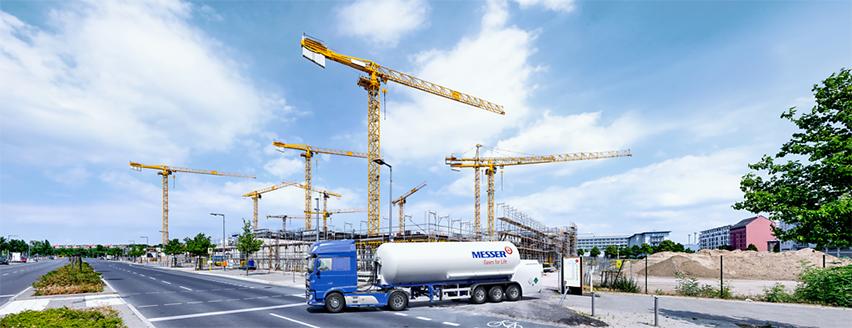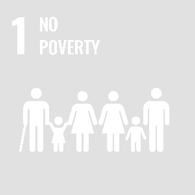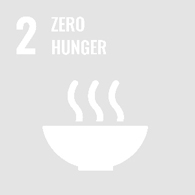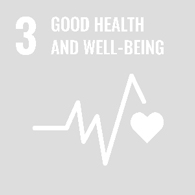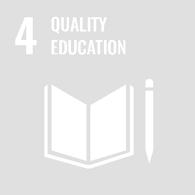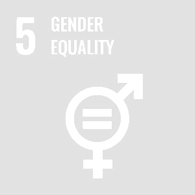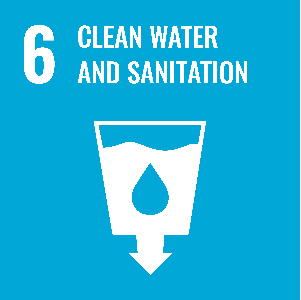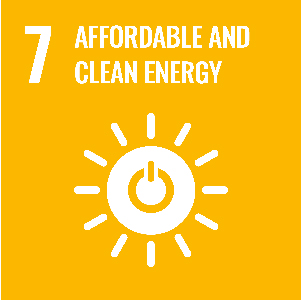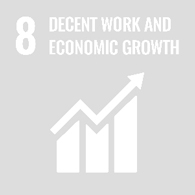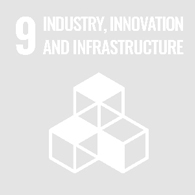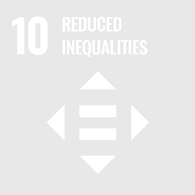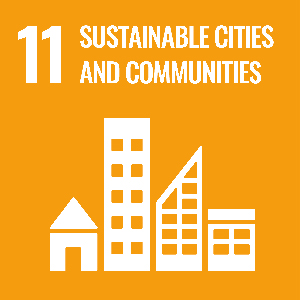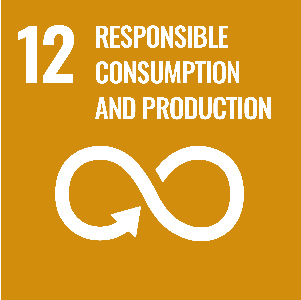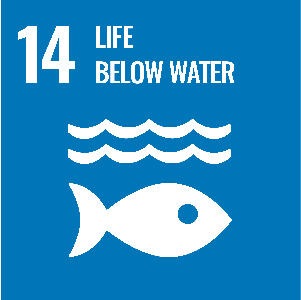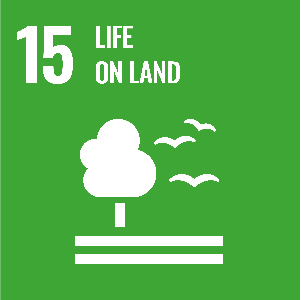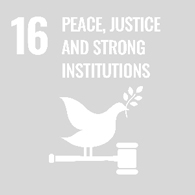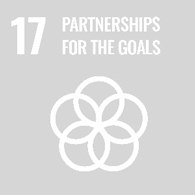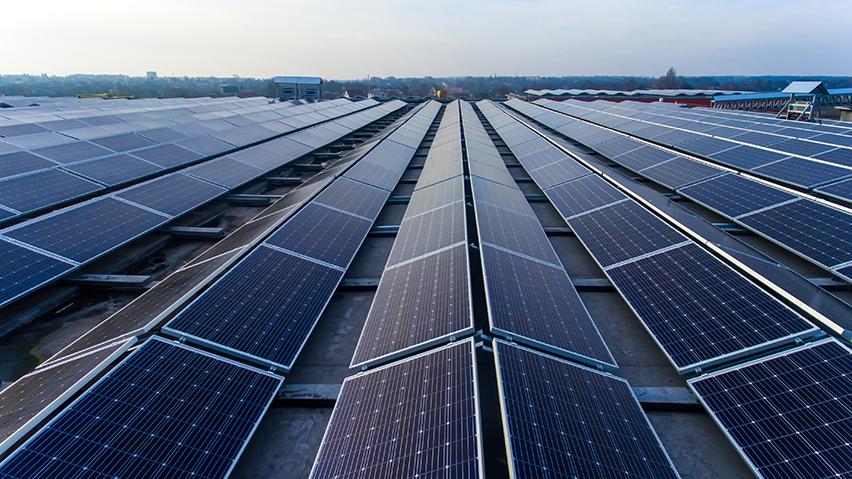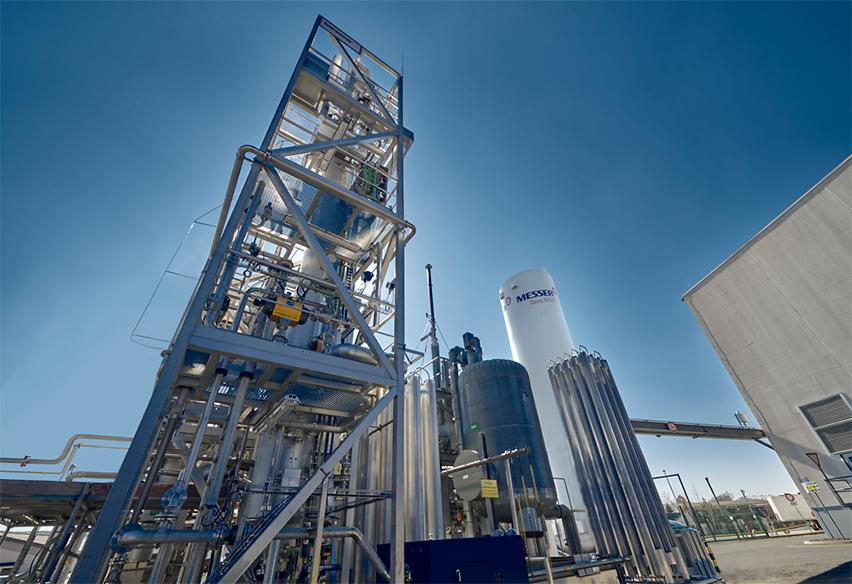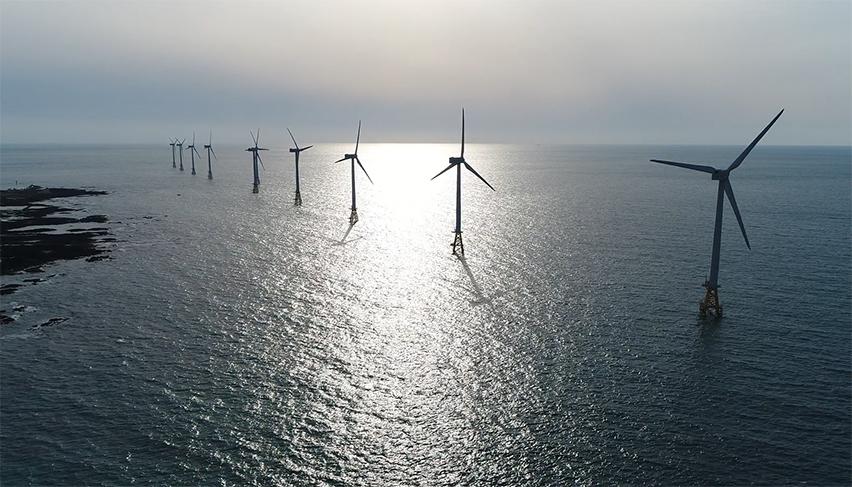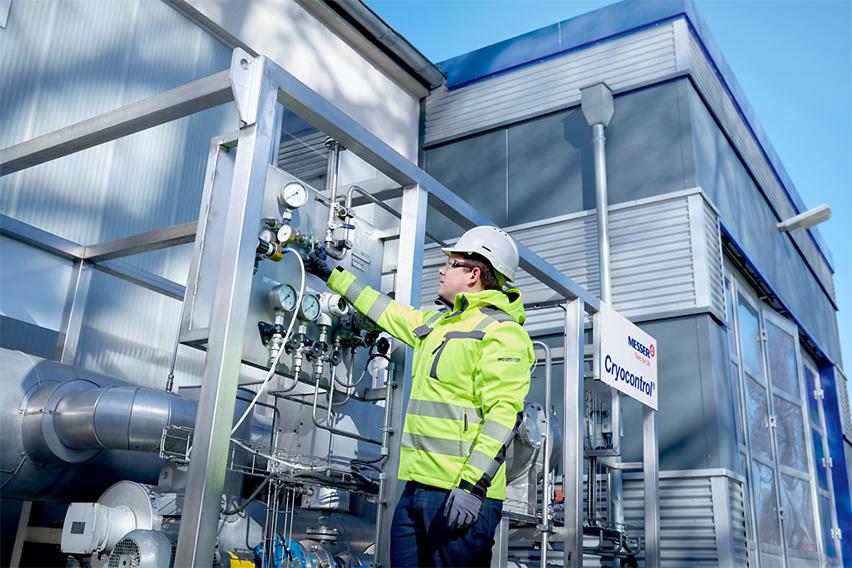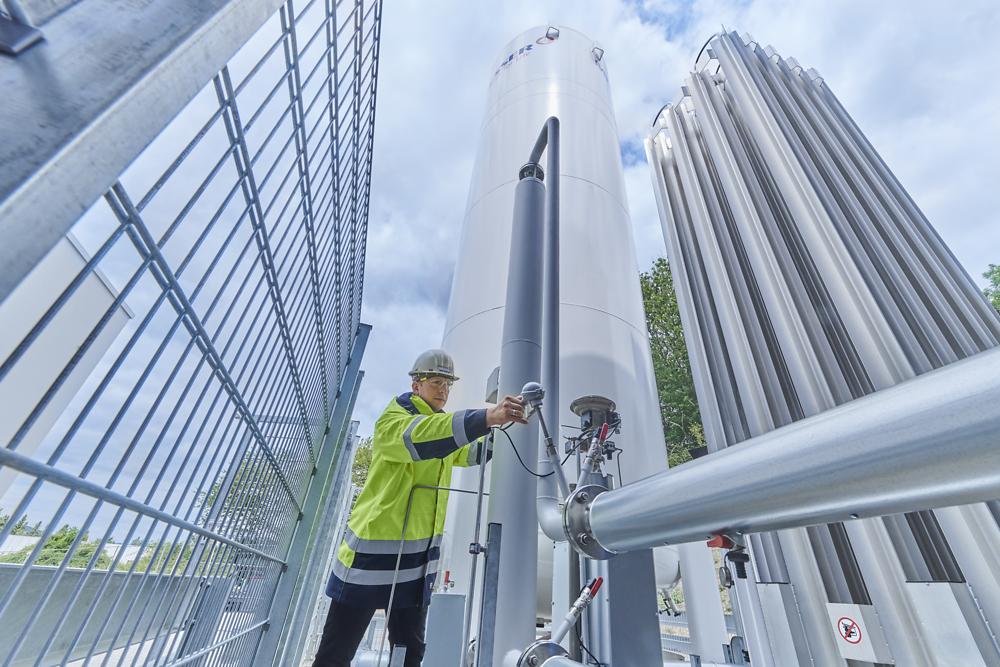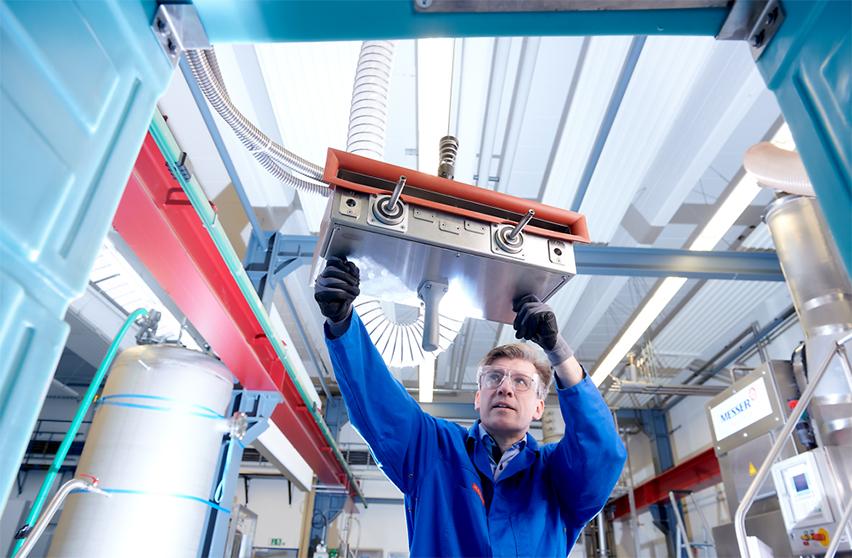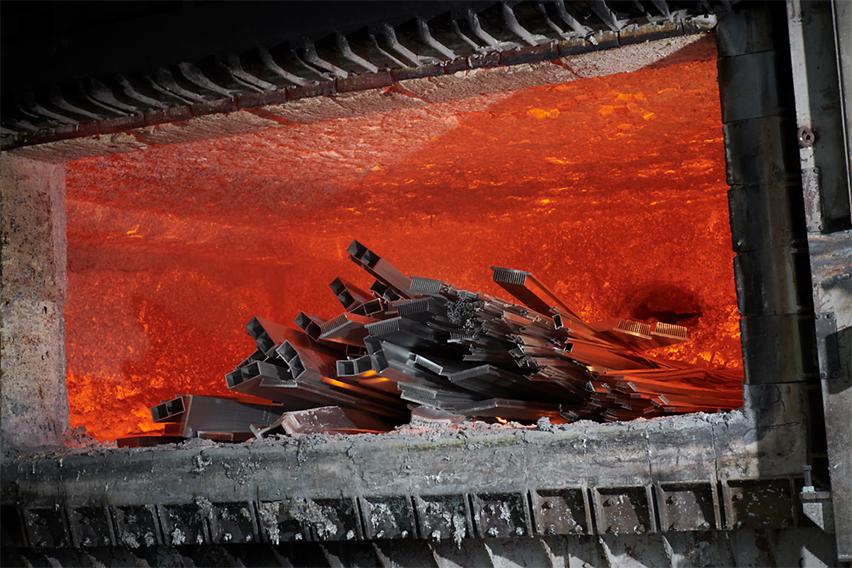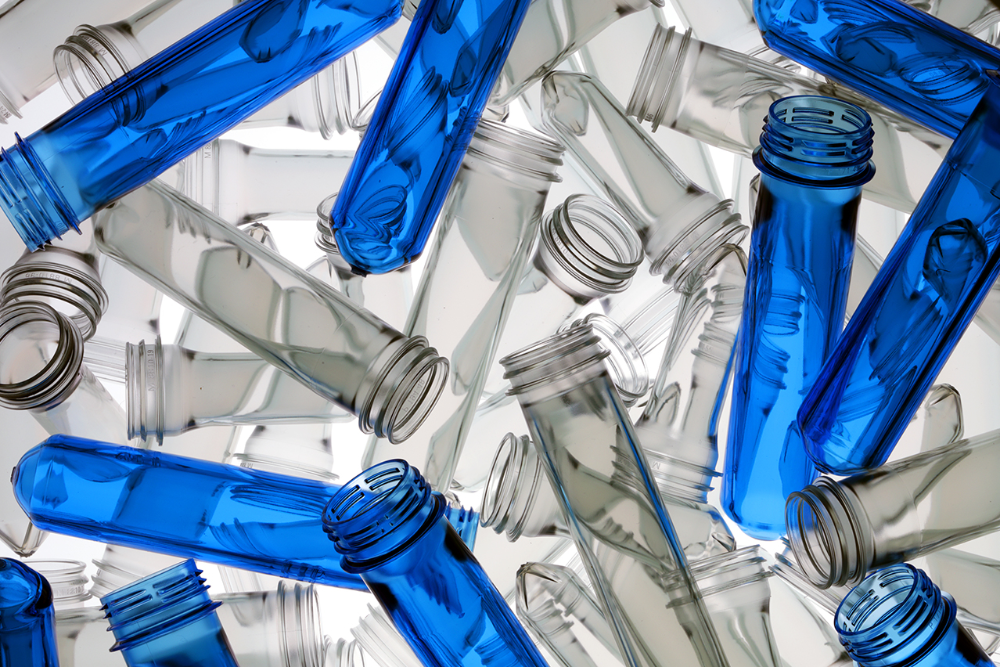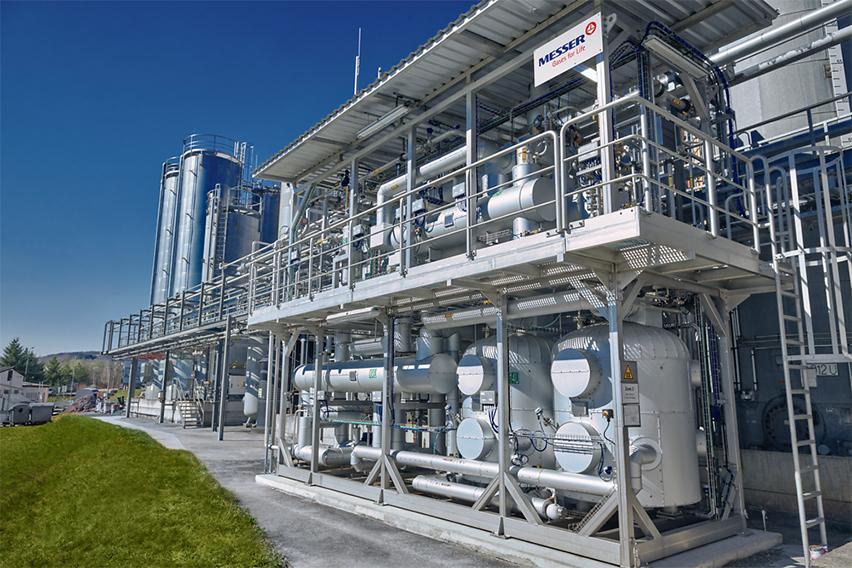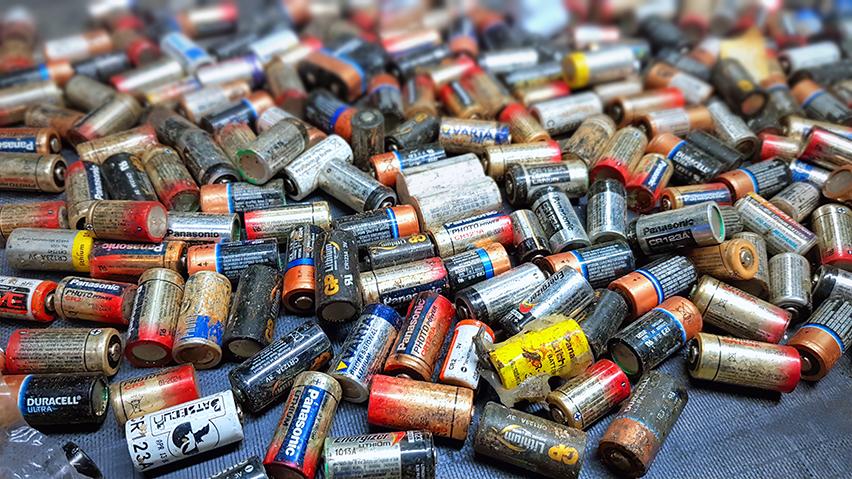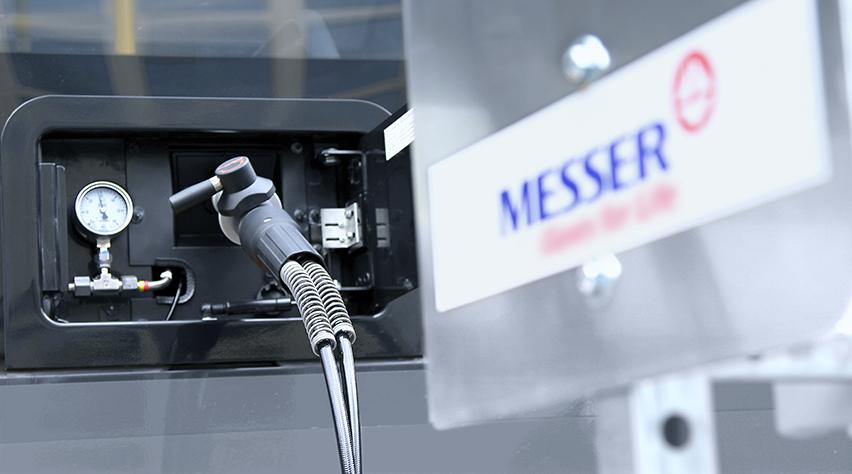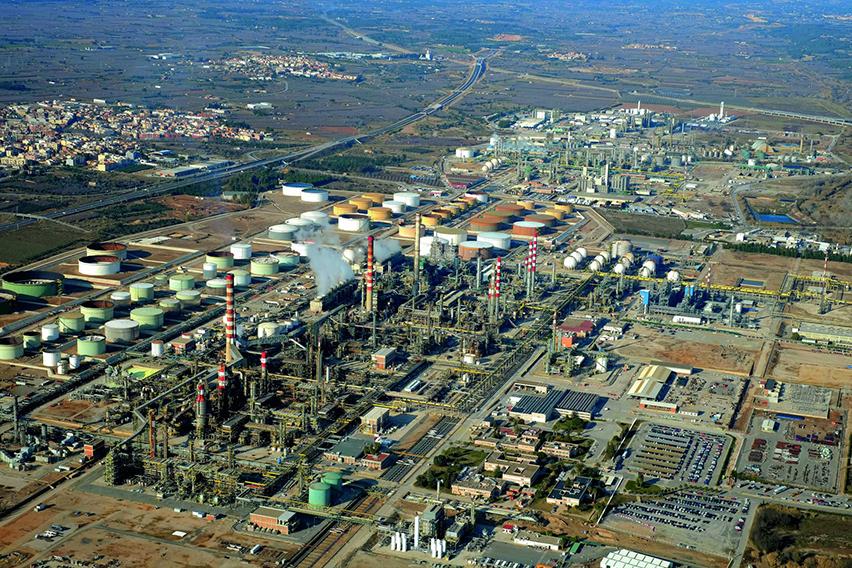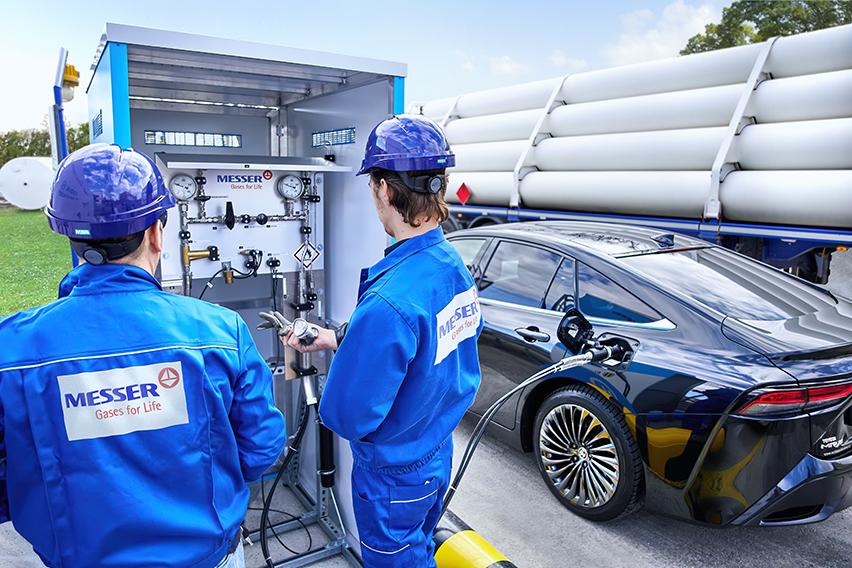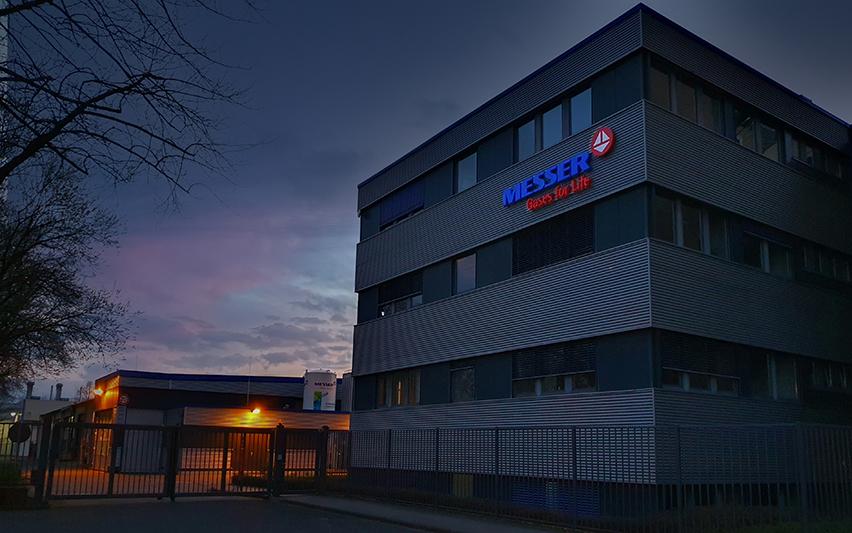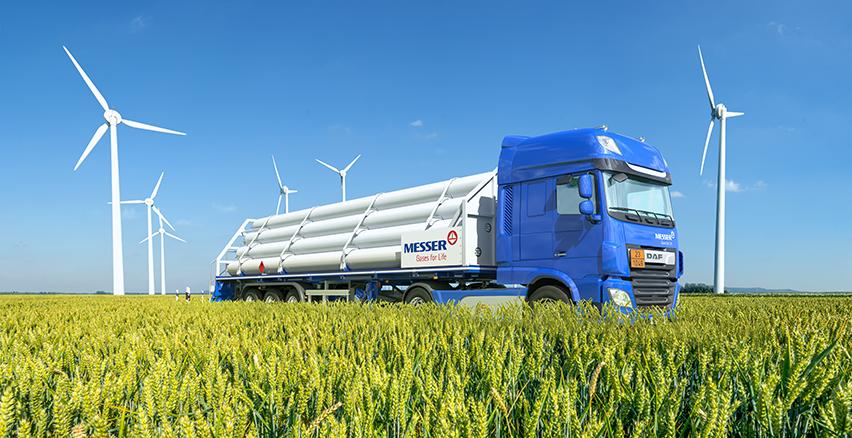Umwelt und Klimaschutz
The responsible use of all resources, especially energy, is very important to Messer. The specific energy consumption of all processes is a key performance indicator in this respect.
Another important goal is to keep reducing the specific energy consumption of our air separation plants. In this respect, Messer is focusing on ever better utilization of existing plants and is continuously investing in projects that help to increase the energy efficiency of our plants sustainably. Our Global Energy Officer (GEO) is responsible for these activities.
Example measures to improve energy efficiency in production in 2022 were:
- Replacement of outdated, inefficient equipment with modern technology
- Installation of on-site equipment to avoid liquid deliveries by truck
- Implementation of Aspen DMC advanced process control software at additional plants
- Installation of solar panels on available roof surfaces
We use the energy coefficient to show the energy efficiency of our production. The energy coefficient indicates how much electricity was consumed per ton of product compared to an assumed "reference plant." In 2022, the corresponding value worldwide was 102.5 compared with 101.1 in the previous year. The decline in energy efficiency can be attributed to strong fluctuations in demand, which meant that most plants could not be operated in their optimal operating range as intended.
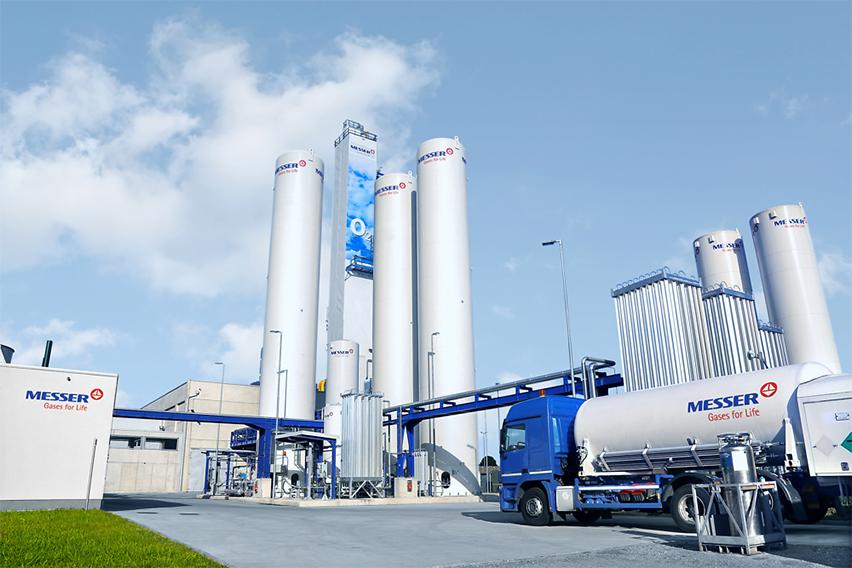
Most of the water we consume is needed to cool the compressors in our air separation plants. In 2022 our water consumption across the Group was 17.6 million cubic meters. This is 100,000 cubic meters more than in fiscal 2021. The slight increase is due to the increase in production in 2022.
Our authoritative production processes, which are air separation, CO2 purification, and liquefaction, do not require water within their current process control. However, a great deal of heat is generated primarily during the compression of gases, and in most plants this heat is dissipated via an open cooling water circuit. The cooling water absorbs heat from the respective sources and releases it into the atmosphere via an open cooling tower. In the process, some of the circulating water evaporates. Another part of the water is discharged to prevent thickening of non-soluble components. The evaporated or discharged water must be returned to the system as fresh water. This is the only direct water consumption in our production processes. The amount of fresh water supplied depends directly on the power consumption of a plant, which is around two to three cubic meters per hour per megawatt of electrical power.

In 2022 the amount of waste generated by Messer, including the Western European companies, totaled 17,545 metric tons. Of this amount, 15,970 metric tons was non-hazardous waste, and 1,575 metric tons was hazardous waste. Among the waste generated, 78.9 percent of the non-hazardous waste was recycled, and 8.4 percent of the hazardous waste was recycled. These figures do not include data for Messer's companies in North and South America.
Messer's globally applied quality management system also reflects our commitment to environmental protection. In 2022, as in the previous year, 61 consolidated companies were certified in accordance with ISO 14001 or RCMS. ISO 14001 is an internationally recognized standard that defines conditions to support organizations in establishing, implementing, maintaining and continuously improving environmental management systems. RCMS certification has a comparable relevance and function for our American production sites.
Meeting the requirements of our clientele in a sustainable manner is very important to us. This also includes Messer continuously reducing its ecological footprint.
We achieve this through the impact of our gas applications on their production processes, through an efficient supply of gases – via on site units, for example – and through the use of emission-free or low-carbon products such as green hydrogen.
In customers’ industrial processes, our “Gases for Life” provide for greater safety, efficiency, quality, capacity and environmental compatibility and / or reduce the associated emissions and costs. To fully realize these potentials, we work closely with our customers, supply application engineering equipment and expertise, and help design and optimize processes. In addition, we provide our customers with process development support.
In 2022 Messer, excluding the Americas, was able to conclude new bulk contracts that have an explicitly positive overall impact on the environment. They accounted for 21.9 percent.
These new contracts signed based on applications with a positive impact on the environment include:
- Continued applications and installations of oxyfuel in Europe, especially in the nonferrous metallurgy sector.
- Continued implementation of cryo-condensation plants
- R&D: further development of oxyfuel and hydrogen-oxygen combustion technologies - both in our own competence center and through funded R&D projects - to support our customer needs
The installation of on-site equipment allowed bulk deliveries to be replaced in 2022. This resulted in savings of around 4.1 thousand metric tons of CO2e, which corresponds to the value for 2021.

